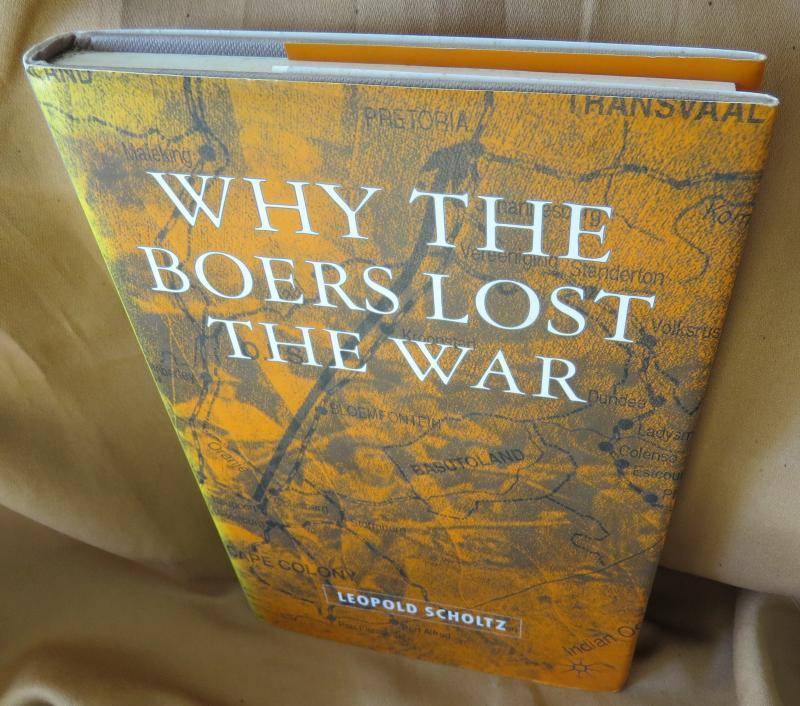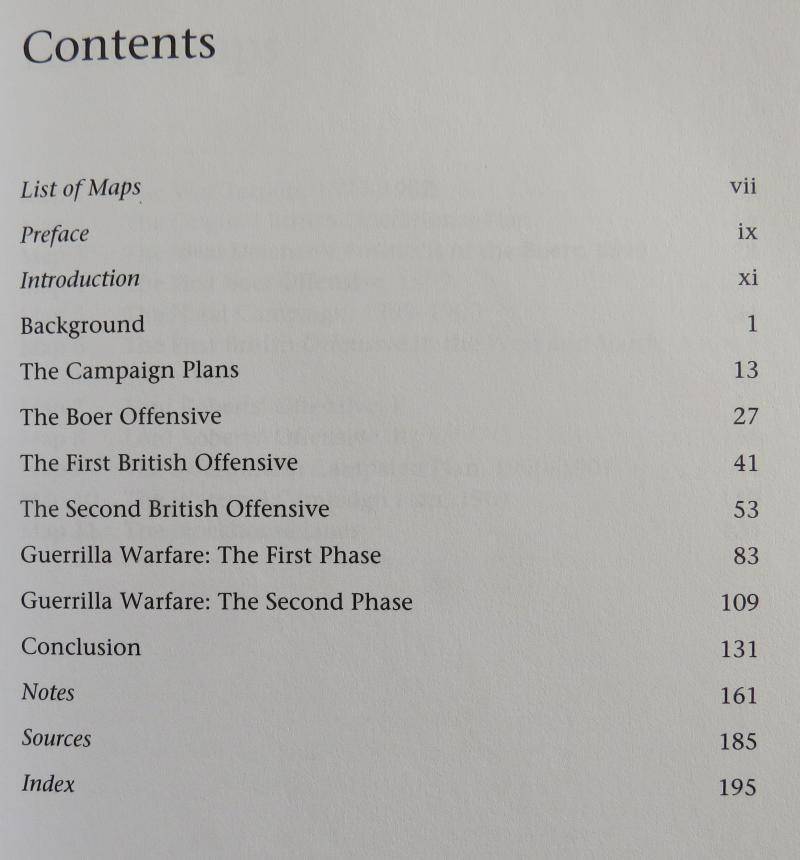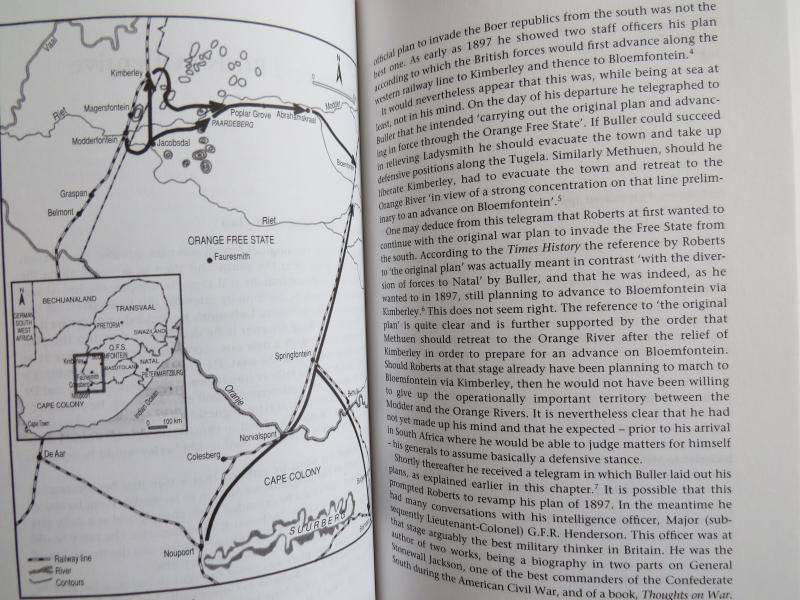





| Main centres: | 1-3 business days |
| Regional areas: | 3-4 business days |
| Remote areas: | 3-5 business days |
Condition: Very good, one name
Format: Hardcover with DJ
Published: 2005 (Palgrave)
Pages: 202
ISBN: 9781403948809
Why did the British win the Anglo-Boer War? The Boers had several chances to force favourable terms. However, they squandered whatever chance of victory they did have through bad organisation and by making the wrong choices at crucial stages. At the beginning of the war, they had no coherent war plan beyond taking defensive positions and awaiting the British offensive, although geography dictated an offensive campaign into the two colonies. Even then they neglected taking up the most favourable positions. Later in the war, a sound plan to invade the two colonies again was nullified by distrust between the Boer generals.
In contrast, after a disastrous start, the British did rather well. Lord Roberts conducted an excellent campaign, although he was badly mistaken in underestimating the Boers determination to continue with a guerrilla war. Lord Kitchener tied the noose ever tighter by laying waste to the countryside and removing almost the entire civilian population to concentration camps. The writer has extensively used Boer sources to reconstruct the Boers strategic and operational thinking and opens up their side for the first time in the English language.
Leopold Scholtz is a South African historian and journalist. He studied at the University of Stellenbosch, the Rand Afrikaans University and the University of Leiden in the Netherlands, where he obtained a doctorate in history in 1978. He is the author and co-author of several books and academic articles about South African and European history. At present he is deputy editor of the Cape Town daily Die Burger as well as Extraordinary Professor of History at Stellenbosch.